On August 21, 1939, one of the first sit-ins took place in the Alexandria Library in Virginia. During this time, African Americans voted and paid taxes but they were not allowed to use the public library.
Samuel W. Tucker grew up in Virginia, only two blocks away from the library. He graduated from Howard University and passed the bar exam at the age of 20. He was recognized as being one of the top students in his class, however, at the age of 20, he was too young to take the oath. A year later, he took the oath and from that day forward tried to establish equal rights to community resources for all. However, the white townspeople were not willing to budge from their beliefs.
By the age of 26, Tucker had developed a strategy that included a selective group of black men for a deliberate act of civil disobedience. The men ranged from age 18 to 22 and set out to challenge the status quo.
On Friday, August 21, 1939, Alexandria Library staff and patrons watched as a young African American entered and asked to register for a library card. When he was refused, he picked up a book, took a seat, and began to read. Minutes later, another well-groomed and polite young adult repeated these actions. This continued until William Evans, Otto L. Tucker (the attorney’s brother), Edward Gaddis, Morris Murray and Clarence Strange occupied five tables. Each one sat in silence and read a book.
It didn’t take long for the library staff to call the police. One of the protestors, ran to Tucker’s law office to inform him that the police was on its way. All of the men were arrested for disorderly conduct. Tucker planned to challenge the charges but the process was stalled.
The case was ignored by the majority of the newspapers, but the black media picked up the story and followed it. Unfortunately, Tucker became ill and could not pursue the case.
In 1940, the case went to trial with Tucker’s involvement and accepted the promise of a “separate but equal” library. The Alexandria Library Board quickly approved the construction of the Robert H. Robinson Library, appropriated funding for books, and hired an African American librarian.
Tucker was not pleased with the negotiation. Tucker was invited to apply for a library card at the Robinson Library and this was his response. “I refuse and will always refuse to accept a card to be used at the library to be constructed and operated at Alfred and Wythe Streets in lieu of a card to be used at the existing library on Queen Street for which I have made application.”
sources:

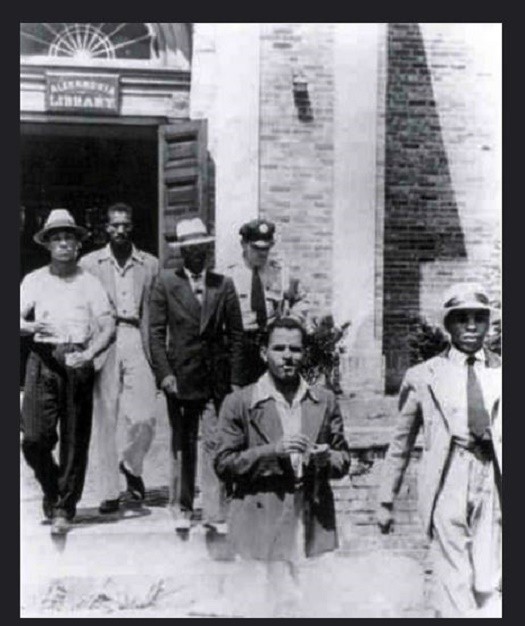





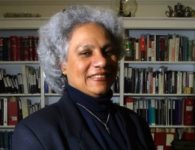
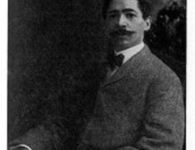

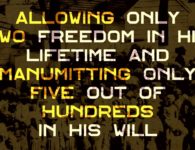
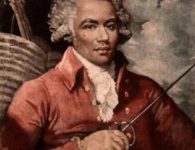
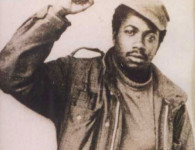

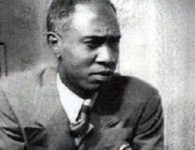
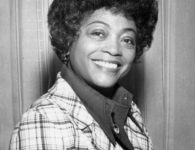
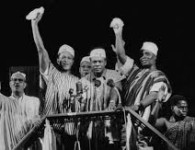
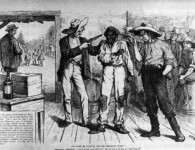

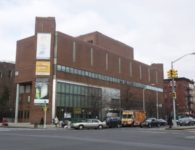

1 Comment
[…] selected a group of African American men to help him challenge the status quo. A black history site relates: […]